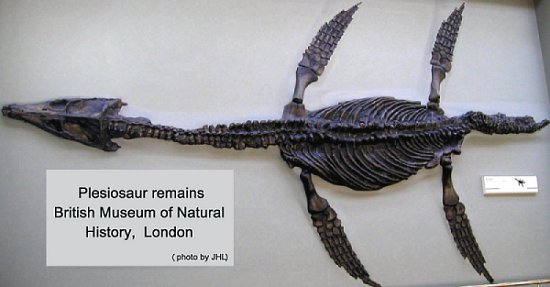Absolutism
Today, evolution and education. The University of Houston's College of Engineering presents this series about the machines that make our civilization run, and the people whose ingenuity created them.
The very disturbing set of measurements has just come out. An article in Science magazine summarizes a long-term study of how well the public accepts the fact that we evolved from other species. The countries included in the study were European, with two exceptions: the US and Japan. The results were horrifying.
In European countries, acceptance ranged from over fifty percent of the population, up to over eighty percent (in all but one case) with Japan up among the top European countries. The two bottom countries were the United States, where only 39 percent of our population accepts evolution, and Turkey with 26 percent.
American education has been under attack, but this is the most stinging indictment that I've heard yet. I've spent my life teaching, and I can only ask, "Where did I go wrong?" For we clearly have become the two-out-of-three-child-left-behind country.
Why is this happening? Many people will blame it on religion, and that's a mistake. Absolutism is the culprit -- the need on the part of so many of us to know The Right Answer. The absolutists in the world will glom onto whatever vehicle suits them -- religion, politics, education, and ultimately science itself.
The absolutist finds the honest practice of science hateful, because science is a way of life where everything lies open to question. Some generalizations of experience reach the status of "laws". But then we write codicils on those laws. Einstein set limits on the validity of Newton's laws. Nuclear fission provided an amendment to the conservation of energy law.
The absolutists will correctly say there is no proof (using proof in its strictest sense) that the world is more than nine thousand years old. The age of Earth is established scientifically, not mathematically. And scientific results can't be proved in any logical or mathematical sense. They can only be verified --- over and over and over. So dialogue founders on the very basis of knowledge. How can science address someone who wants the assurance of absolute proof?
God had good reason for asking Job, "Where were you when I laid the foundations of the earth? Declare, if you have understanding." He's telling Job to have patience with his own ignorance -- something any scientist had better have or find a new line of work. America meanwhile becomes a third-world backwater where we reject scientific questioning in favor of convenient answers.
I wanted to weep when one Kansas City school board member said, "Why all this fuss about one thing we did; what about all the other things we accomplished?" I thought of the reporter asking, "Other than that, Mrs. Lincoln, how did you enjoy the play?"
The creation meanwhile continues under our noses -- micro-organisms evolve in the laboratory, certain creatures evolve within our own lifetimes. This universe has been made more wonderfully than will ever fit in any simple human box.
I'm John Lienhard, at the University of Houston, where we're interested in the way inventive minds work.
J. D. Miller, E. C. Scott, and S. Okamoto, Public Acceptance of Evolution, Science, 11 August 2006, pg. 765-766.
See also, J. Hecht, Why doesn't America believe in evolution? New Scientist, August 19-25, 2006, pg. 11.
